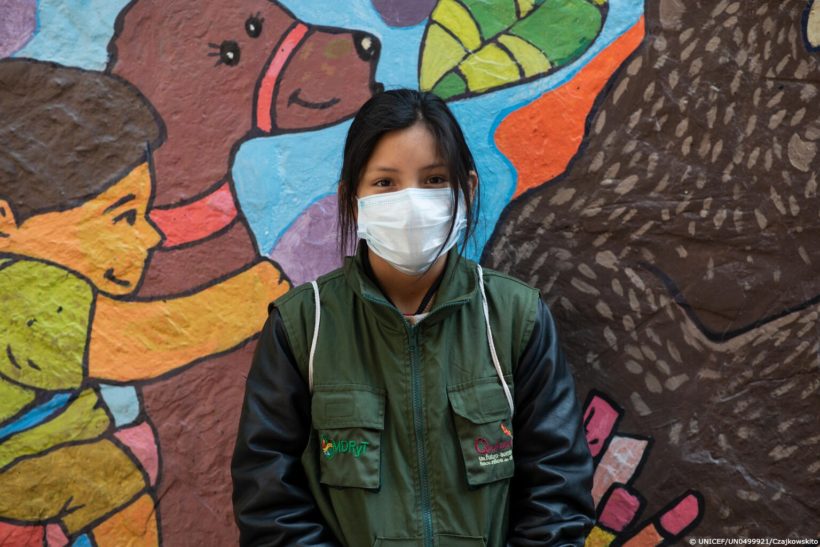A stereotype is an unchanging image, idea or description held by one social group about another. They are used to simplify an already complex life. They are reductionist generalizations that emphasize some aspects and omit others. Regardless of whether stereotypes have a positive or negative connotation, they rob people of their dignity; they strip them of their identity and uniqueness. In other words, they cease to be individuals and are seen as a uniform mass.
The abuse of stereotypes is no accident. They exacerbate antagonistic positions that reinforce feelings of supremacy of some over others in search of establishing or consolidating positions of power. It is common to read or hear phrases such as: migrants are delinquents, women are weaker than men, or the constituent conventions missed the opportunity to unite the country.
How different it would be if we knew the positive impact of migration, the FORCE of women to confront discrimination just because they are women, or the lives of the constituent members and their communities of origin who have been abused by privileged groups.
Stereotypes are simplistic categorisations that damage coexistence. They tell only one story, which is why it is important for people to have access to more than one look and to be able to perceive and value differences. A society that lives only on stereotypes is doomed to self-destruction.
Unfortunately, social networks do not contribute to diversity as their algorithms expose us to content that reaffirms our prejudices, which are the basis of the stereotyping process.
Stereotypes are also a danger when people abandon their identity to become a character. They lose the richness of their individuality and their capacity for self-criticism. For example, from a very early age, violent behaviour in school contexts and in society in general is mostly associated with men; it is not that men are more violent than women, but that men live according to the stereotype of the “alpha male” who resolves conflicts by force.
Examples abound. Women who suffer in order to respond to the stereotype of beauty offered to us by advertising, drug traffickers who struggle to stand out in violence and wealth; or girls, boys and young people who seek to imitate the “bakanes” of their class.
The condemnation of difference reinforces stereotypes and shapes behaviour in subtle but persistent ways. Revealing oneself in the face of stereotypes requires a great deal of conviction and courage, which is why it is so important that education professionals in schools and the adult world in general develop the consciousness, skills and knowledge to ensure that no student is pigeonholed into a stereotype that affects their development and well-being.
Each of us has a responsibility because, in the words of the renowned Nigerian novelist Chimamanda Achie, stereotypes “rob people of their dignity”.












